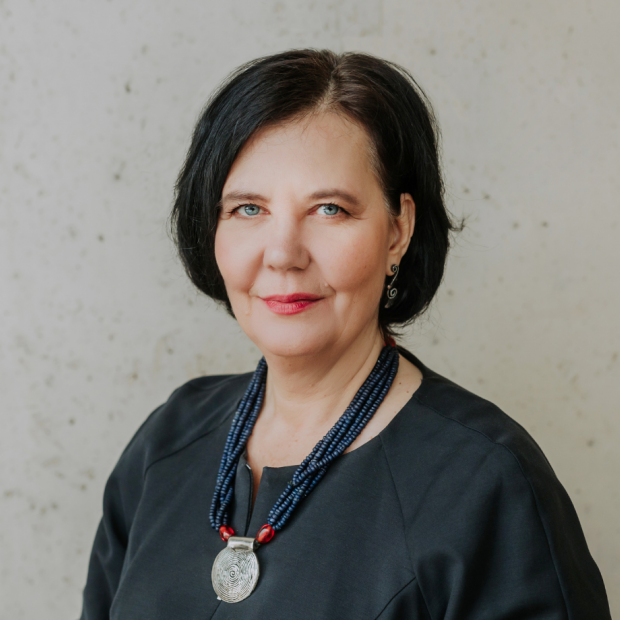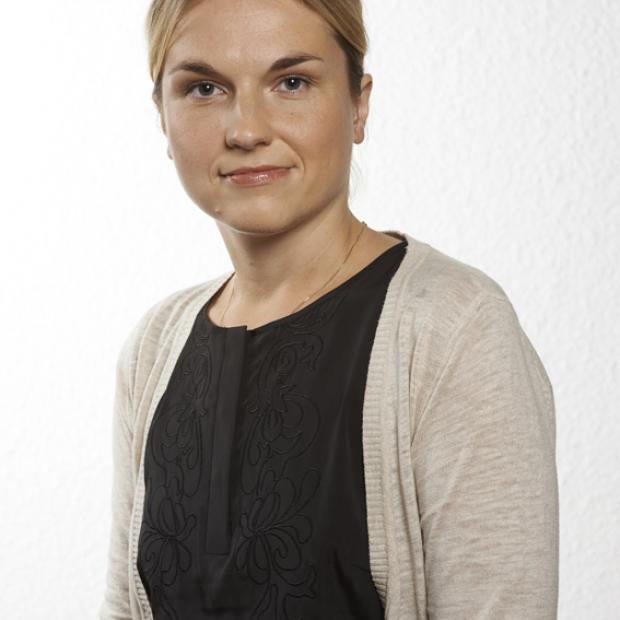The results of doctoral thesis mapped coping mechanisms for academic burnout among middle school students in Estonia
At 10:00 on 16 December 2021, Kati Vinter, doctoral student of Tallinn University’s School of Educational Sciences, will defend her thesis “Academic burnout among middle-school students in Estonia: An exploration of coping mechanisms”.
The doctoral thesis focused on mapping occurrences of academic burnout among middle school students in Estonia and finding the primary protective and risk factors connected to them. Based on the results, the doctoral student suggested ways to reduce and prevent academic burnout among students. Both socio-cognitive as well as cognitive factors in the context of reasoning and problem solving were integrated into the research. In that way, hassle-related research and solution-seeking research was combined and this was presented in the general framework of Lazarus and Folkman's (1984, 1987) theory of cognitive appraisal and coping which in turn was combined with the concepts of self-regulation and the wider educational context.
Among the sample which consisted of 8th grade students across 12 schools in Estonia, the socio-cognitive factors – academic buoyancy, entity beliefs of intelligence and the frequent use of maladaptive cognitive emotion regulation strategies – were more strongly associated with academic burnout than cognitive factors (academic/mathematic ability and general cognitive ability), which were studied in the context of problem solving.
According to the thesis, developing academic buoyancy and incremental beliefs of intelligence and reducing the frequent use of maladaptive cognitive emotion regulation strategies (especially rumination) would help prevent and alleviate academic burnout among middle school students.
In addition, two new coping patterns were found in the research: First, the frequent use of adaptive cognitive emotion regulation strategies is particularly conducive to students with higher cognitive abilities in reducing their level of burnout. This shows us that although cognitive factors (mathematical ability and general cognitive ability) were not directly related to academic burnout, they might still play an important moderating role and, in combination with socio-cognitive factors, provide valuable information. A second promising coping pattern also appeared from the dissertation – academic burnout follows the same pattern of cognitive emotion regulation strategies as, according to other studies, common psychopathologies (like anxiety, depression) do. This, in turn, points to the fact that in addition to alleviating symptoms of burnout, teaching students cognitive emotion regulation strategies would help solve other psychological problems they might be experiencing on a wider scale.
The results also raise some methodological questions. “Statistical analyses conducted within the study indicate that the scales used to measure academic burnout, both in Estonian and Russian students, need to be revised and improved” said Kati Vinter. The thesis will also provide a basis for further discussions on whether it would be practical to integrate the interpersonal dimension, which was initially included in the measurement instrument MBI (Maslach Burnout Inventory) but seems to have been overlooked during the adaption of the scale for a school context, back into the instrument when measuring the burnout of adolescents. Vinter adds that this would allow researchers to study the phenomenon of academic burnout multi-dimensionally, presuming that different groups might experience burnout in different ways.
The public defence will take place in auditorium M648 at Tallinn University.
The defence can also be viewed via Zoom.
The thesis was supervised by Tallinn University researcher Grete Arro and Tallinn University senior researcher Paul Christian Seitlinger.
The opponents are docent Noona Kiuru from Jyväskylä University and Kenn Konstabel, associate professor at University of Tartu and senior researcher at the National Institute for Health Development.
The dissertation is available in the ETERA digital environment of Tallinn University Academic Library.





